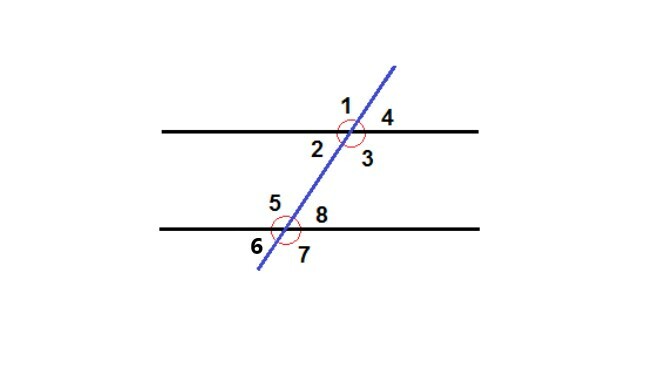heteronomy means dependency, submission, obedience. It is a system of ethics according to which standards of conduct come from outside.
The word heteronomy is formed from the Greek root “hetero” which means “different”, and “momos” which means “law”, therefore, is the acceptance of norms that are not ours, but that we recognize as valid to guide our conscience that will discern the moral value of our acts.
Heteronomy is the condition of submission of values and traditions, it is passive obedience to customs out of conformity or fear of the disapproval of society or the gods.
Heteronomy is the opposite of autonomy, formed from the Greek radical “auto” which means “by itself”, which is freedom and independence, it is the faculty to govern itself, it is the property by which man intends to be able to choose the laws that govern your conduct.
Autonomy does not deny its external influence, the conditionings and determinisms, but puts it back in man his ability to reflect on the limitations that are imposed on him, and that when observed, give him the direction to follow.
See also: the meaning of anomie.


